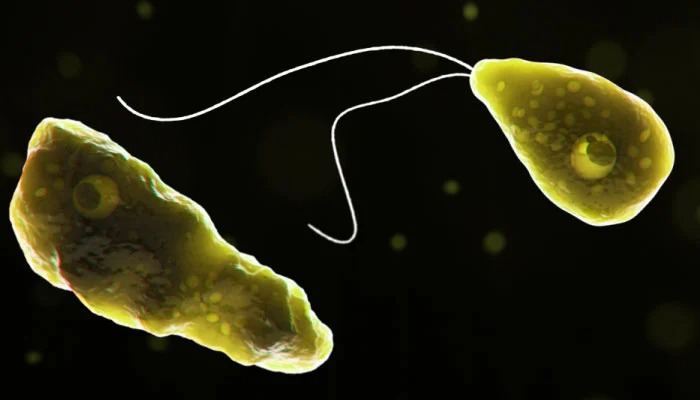Tragedy struck once again as the “brain-eating amoeba,” Naegleria fowleri, claimed the life of a young man in Karachi. Salman Ahmed, a 21-year-old resident of DHA, was admitted to a private hospital on 18 June after developing a fever. Despite receiving ventilator support, his health continued to deteriorate, and he tragically passed away on 6 July.
With this recent fatality, the total number of Naegleria-related deaths has now reached six. Among these cases, four occurred in Karachi, while Quetta and Hyderabad reported one each. These alarming statistics highlight the urgent need for preventive measures and a thorough investigation into the causes of these deaths.
Investigations into Ahmed’s case revealed that he had recently bathed in the swimming pool of a private academy in DHA. Subsequent analysis of water samples collected from the pool indicated low chlorine levels, raising concerns about the effectiveness of the water disinfection process.
Health experts have been quick to criticize the Karachi Water and Sewerage Board for its failure to maintain adequate chlorine levels in the city’s water supply. Insufficient chlorine can lead to the proliferation of harmful microorganisms, including Naegleria fowleri. In addition to addressing the chlorine issue, experts have also expressed concerns about the deteriorating sewage lines, which pose a significant risk to water quality and safety.
The contamination of water sources with Naegleria fowleri is a serious public health concern. This amoeba thrives in warm freshwater environments such as lakes, hot springs, and poorly maintained swimming pools. It enters the human body through the nose and then travels to the brain, causing a rare but often fatal infection called primary amebic meningoencephalitis (PAM). Once symptoms manifest, the disease progresses rapidly, with a high mortality rate.
To mitigate the risks associated with Naegleria fowleri, health officials and experts are urging citizens to take proactive measures. First and foremost, individuals should ensure that their underground water tanks are regularly cleaned and disinfected. Chlorine tablets are recommended for this purpose, as they provide an effective means of killing microorganisms and preventing their regrowth.

Furthermore, it is crucial for the Karachi Water and Sewerage Board to address the issue of low chlorine levels promptly. Regular testing of water sources, including swimming pools, should be conducted to ensure that they meet the required standards for disinfection. The public must be made aware of the importance of maintaining appropriate chlorine levels and how it can significantly reduce the risk of Naegleria fowleri infections.
In addition to these preventive measures, there is a pressing need for investment in infrastructure improvement. The deteriorating sewage lines must be addressed urgently to prevent further contamination of water sources. This requires a comprehensive approach that includes regular maintenance, repairs, and upgrades to the existing infrastructure.
The loss of another life to the brain-eating amoeba serves as a reminder of the gravity of the situation. It is imperative that all stakeholders, including government authorities, health agencies, and the public, work together to combat this deadly threat. By prioritizing water safety, implementing effective preventive measures, and investing in infrastructure, we can hope to prevent future tragedies and protect the well-being of the community.
Read more: US Approves New Alzheimer’s Drug more widely accessible
Ultimately, the fight against Naegleria fowleri requires a collective effort. Only through sustained awareness, stringent preventive measures, and improved water and sanitation systems can we hope to eliminate the risks posed by this devastating amoeba. Let us honor the memory of those who have lost their lives and work tirelessly to prevent further casualties in the future.



